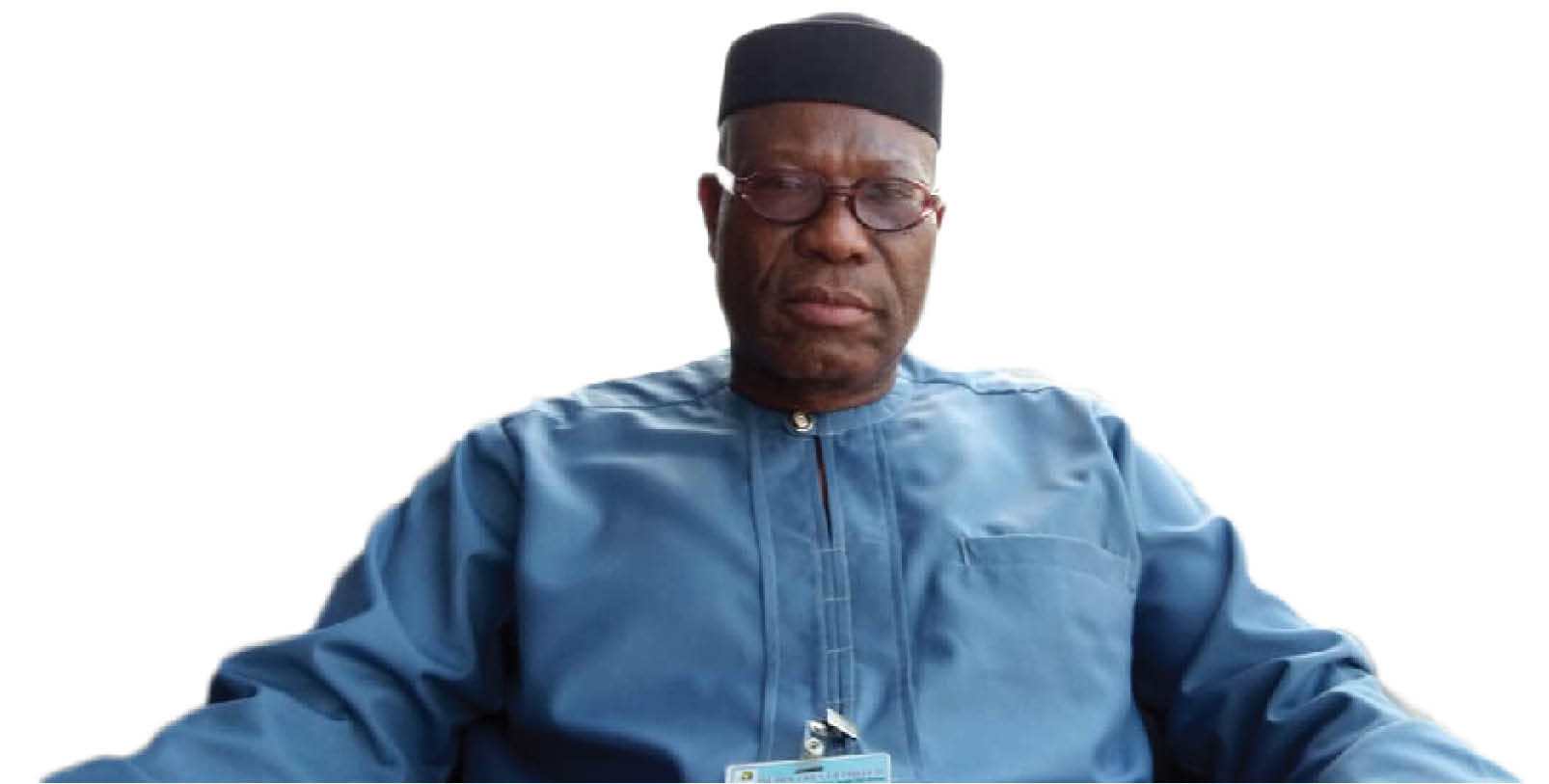‘Why I wrote about need for good governance’
Dr. Joel O. Oruche is a researcher, writer and public affairs analyst. He is the author of ‘Sands of Time’ and ‘Good Governance.’ In this interview, he talks about the importance of good governance, what drove him to write, and more. Excerpts: Bookshelf: You authored two books, ‘Sands of Time’ and ‘Good Governance’ in […]

Dr. Joel O. Oruche
Dr. Joel O. Oruche is a researcher, writer and public affairs analyst. He is the author of ‘Sands of Time’ and ‘Good Governance.’ In this interview, he talks about the importance of good governance, what drove him to write, and more. Excerpts:
Bookshelf: You authored two books, ‘Sands of Time’ and ‘Good Governance’ in 2019. How different would you say these two books are?
Joel O. Oruche: The difference is that one is a compendium and the other dedicated to a topic that is a global concept. ‘Sands of time’ is a compendium, so some of the major opinions and articles I wrote between 1993 and 2014 in newspapers and news commentaries on Radio Nigeria, I decided to put together because those who couldn’t listen, knowing the transient nature of radio, can now have the opportunity of reading some of the things I wrote.
Again, it takes a historical format. For each article written, an event must have led to it. For instance, I wrote something on June 12 and somebody who was born in 1992 or 1993 was not there to witness it. So it’s historical.
The concept of good governance and governance in general is a global concept, an issue that comes up every day. The essence of writing the book is to deepen knowledge on good governance and draw attention to the fact that if you need development, you need peace, and if you need peace, you need justice. All these are translated in good governance. When you have good governance, you have transparency, accountability, and rule of law. However, when it is not there, that brings a lot of problems and, of course, underdevelopment.
Bookshelf: What are those factors that limit good governance?
Oruche: Corruption is number one. In addition is lack of observance of the rule of law where people do what they want to do and you cannot hold a government accountable. This issue is not only about a country, it is also about the individual. Maybe you are in a group, saddled with responsibilities. Once one can be accountable and transparent, it leads to better dividend of democracy.
Bookshelf: Some people hold the opinion that the led have a more important role to play in the development of a nation. What do you have to say about this?
Oruche: Yes, governance and people’s participation primarily help developmental process. In good governance, we have the concept of inclusiveness, people participating in day-to-day governance. They may not participate individually, but through their selected representatives. In other words, for you to be able to make people participate, either as individuals or as a society, you need to bring up a credible process where they can elect those who will represent them. In that wise, they are participating. When people cannot hold their leaders accountable and their leaders are not giving them the kind of leadership they want, the loyalty to trust the government or leaders will not be there.
Once people are given the opportunity to participate in government through the rule of law, freedom of speech, interaction, and participation, they contribute to the development of their nation. Remember am talking of a global issue, not necessarily about Nigeria, these could be for any country.
An ideal progressive situation is when I elect somebody I trust, and the election is credible, free and fair, my vote count, and I am participating indirectly. The person representing my constituency knows what my needs are, what my opinions are, and he is going to bring development in whatever way he can where he is in the National Assembly. However, once we do not have a credible process, people who will take decisions on our behalf deny us the freedom of participating in that decision-making process.
Bookshelf: What triggered your decision to write on good governance as an instrument for nation transformation?”
Oruche: I started this work from the point of view of corruption, its concept, and the government. When it came to Nigeria, the whole discourse was about development based on good governance. If you get governance right, the issue of development will be taken care of. I became interested, I went to find out more, and I discovered that the problem of governance is corruption. I had to marry the two, so I came up with this book hinged on corruption as a limiting factor to good governance.
Bookshelf: What was your experience like putting the work together?
Oruche: I had both good and bad experiences. Good in the sense that my knowledge broadened. I was able to get more insight on development issues in order to vary opinions of many authors. When you are reading, you will think you have gotten to the end and realize its only widening. I enjoyed it, but again it took me some time because when you are writing, there must be logical sequence. You must do a proper critique for you to be able to arrive at a conclusion that is your own idea. It was quite stressful, but I enjoyed it anyway. It was interesting exploring areas within governance and good governance.
Bookshelf: What will you like Nigerians, both leaders and followers, to take from your work?
Oruche: I want everybody to know that good governance should be key in terms of development and progress. Even in the household. We need to put it into practice.
